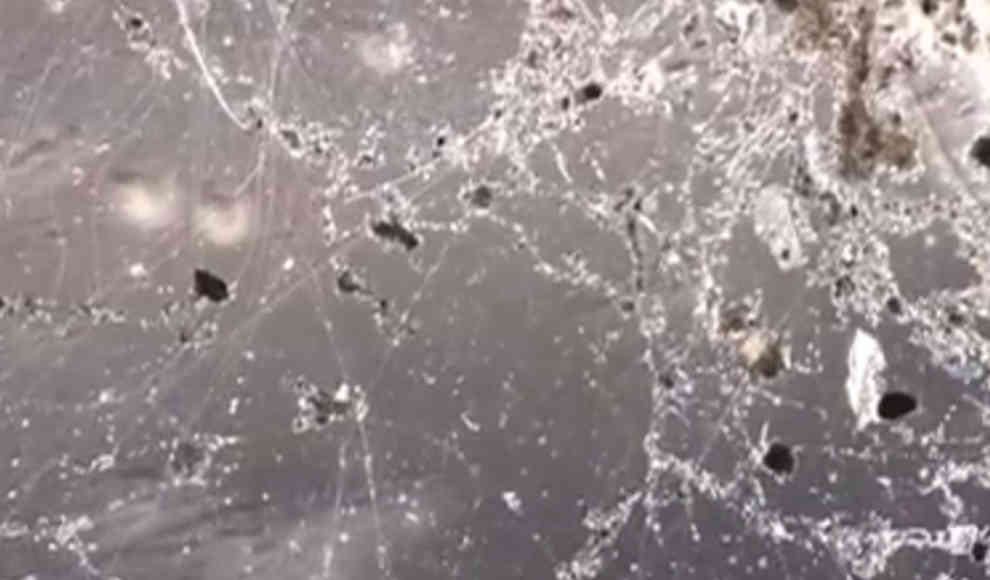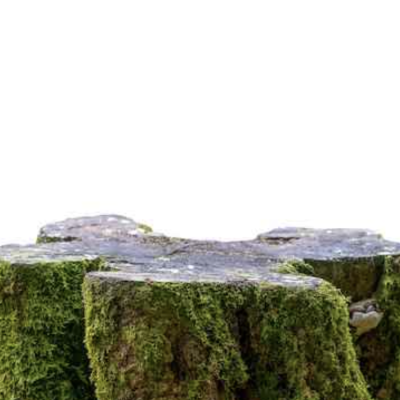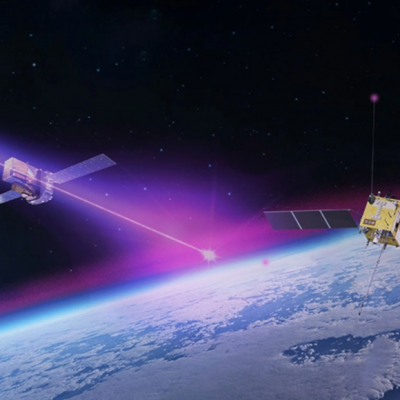In a groundbreaking discovery, microbiologists from the University of Southern California have found a new form of life – bacteria that feed solely on electrons. These newly discovered bacteria are unlike any other known life form, as they derive their sustenance from negatively charged elementary particles. The team, led by Kenneth Nealson, compares the behavior of these bacteria to humans sticking their fingers in a socket to obtain food. This discovery raises fundamental questions about the nature of life and its forms in the universe. These electrochemical bacteria could theoretically exist on any planet, asteroid, or comet in the universe.
The electrochemically active bacteria form hair-like filaments several centimeters long, which they use to transport electrons directly from rocks or metals. These biological nanocables were discovered independently by researchers at Aarhus University in Denmark. Scientists have long puzzled over an unexplained flow of electricity at the ocean floor, and these bacteria could explain the phenomenon, according to Nealson. The researchers found the unusual bacteria in ocean sediments and applied different voltage levels to the bacterial strain in the lab using electrodes. At higher values, the bacteria began to break down electrons from their surroundings and absorb them through their nanocables. At lower voltages, the bacteria expelled electrons.
To ensure that the bacteria were indeed feeding on electrons, the scientists deprived them of all other food sources in a painstaking process. Annette Rowe, a member of the USC biology group, has identified eight different strains of these unusual bacteria. They can feed on various substances, including iron, manganese, and even uranium, making them potentially useful for neutralizing environmental hazards. The American space agency NASA is also interested in these bacteria and would like to conduct further experiments with them in zero gravity.
This discovery of a new form of life that feeds on electrons is a significant breakthrough that could have far-reaching implications for our understanding of the universe and the nature of life itself. The potential applications of these bacteria in environmental remediation and space exploration are also exciting prospects.










